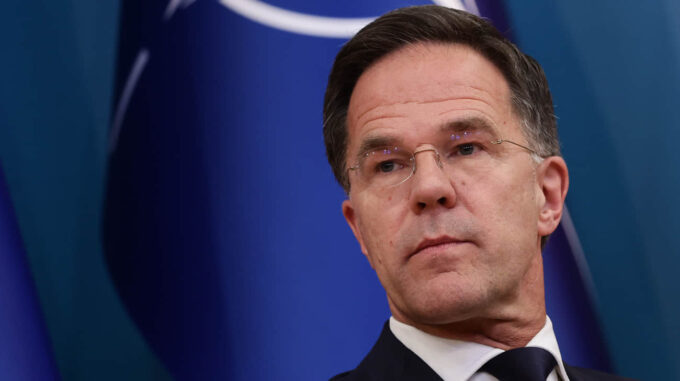NATO Secretary General Mark Rutte has expressed his view on the recent US strikes on Iran, stressing that these actions do not violate international law

In brief comments at a press conference before the start of the summit in The Hague, he said that he did not share the views of some leaders, including Norwegian Prime Minister Jonas Gahr Støre, who had previously condemned the US strikes as contrary to international norms. According to Rutte, the main hidden concern for NATO is the possible development of the situation in the region and the risk of Iran acquiring nuclear weapons. “Our main fear is that Iran will get nuclear weapons. That is why the Alliance’s position is that Iran should not have them,” he said. Expressing his view, the Secretary General added that he did not believe that the US strikes targeting Iranian nuclear facilities were a violation of international law. This is his personal conviction, which, according to Rutte, is based on the desire to prevent a nuclear threat and stabilize the situation in the region. Earlier, Norwegian Prime Minister Jonas Gaara Støre said in connection with the US overnight strikes on three key Iranian sites that these actions were a violation of international law. “We must clearly state our position: such an attack is contrary to international agreements and norms. This is unacceptable and creates additional tension in the region,” he emphasized. The next day, Tehran called on the international community to react and condemn such actions, which, according to them, only worsen the situation and increase the risks of confrontation. On Sunday night, US forces carried out strikes on three Iranian nuclear facilities, which caused a wide resonance in world politics. President Donald Trump called on Iran to refrain from any corresponding measures and called for a diplomatic settlement of the conflict. In the same context of force, the leaders of the European Union countries — Germany, France and Great Britain — unanimously called on Tehran to refrain from any actions that could further destabilize the situation in the region and lead to uncontrolled escalation. At the same time, Trump’s statements also hinted at a possible regime change in Iran. The US President made it clear that although he calls for diplomacy, he does not rule out the use of more radical methods if the situation requires it. This is causing significant resonance and raises questions about the future course of regional conflicts, the risks of a new military escalation and the prospects for a diplomatic settlement of the conflict over the Iranian nuclear program. The issues of the legality and strategic goals of such military actions, as well as the role of international organizations in preventing a new military confrontation, remain on the agenda. Therefore, the world community is closely monitoring the further statements and actions of leaders, trying to find a balance between security and international law. Landmarks: This situation highlights the complexity and multifaceted nature of today's global challenges, where diplomacy and military power are intertwined, and the international community must act cautiously to avoid full-scale confrontation.

